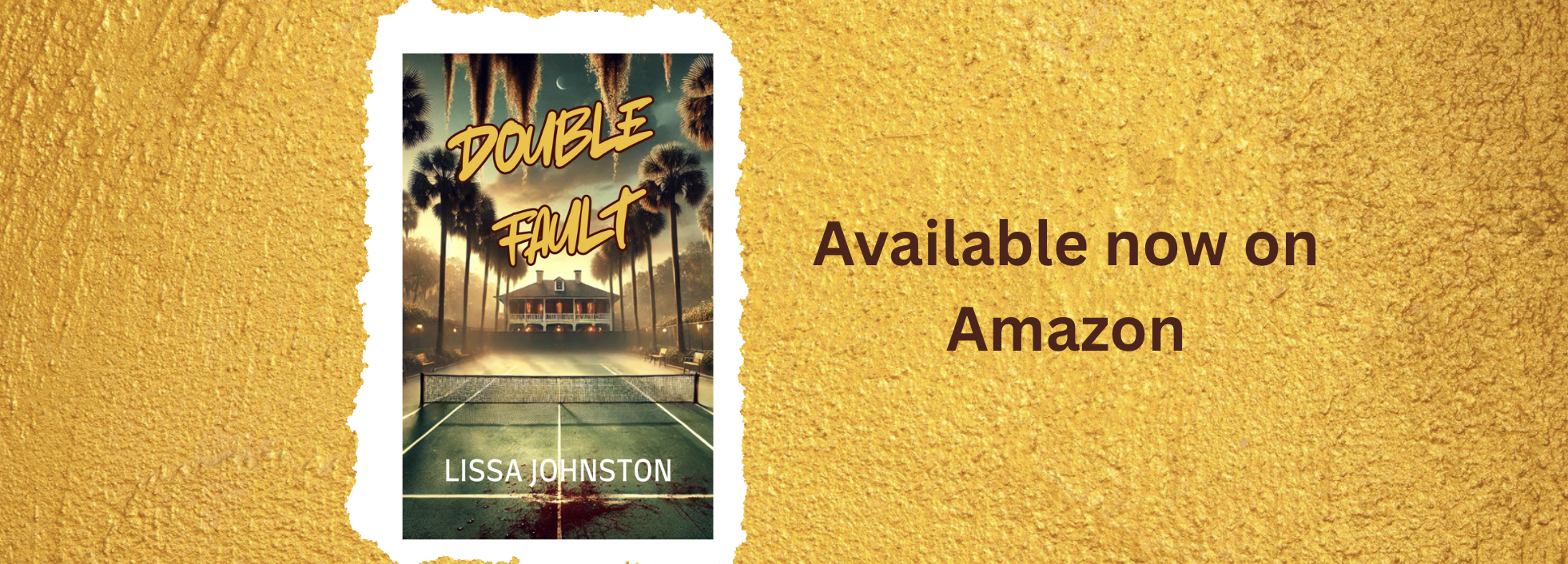I was watching a Warriors NBA game recently. You probably know the one.
I freely admit I'm usually not a big NBA fan. I prefer watching the highlights rather than the entire game. But the hubs and I had been watching the Warriors recently because Steph Curry was getting close to breaking the 3 point record and we both thought it would be kinda cool to celebrate that with him from afar. We lived in the Charlotte area when he was playing for Davidson and got drafted into the pros, so we had been aware of him and his career for a while. And I mean, even if you're not a basketball fan, how can you not enjoy watching someone who is clearly not of this earth show us mere mortals what it's like to be superhuman?
Couple things I love about this half-dozen seconds of sports history. I love that he hit the shot, then kept moving (running backwards, no less) to the other end of the court like hey we gotta game to play, let's get back on defense, NBD. I love that he made the record-breaker in front of the Knicks home crowd. I didn't realize the Knicks had the pick right after the Warriors when they drafted Curry, and he wanted to play for the Knicks, and they apparently couldn't be bothered to trade up for him. As Doc Holliday says in the Tombstone movie, that's a 'reckoning'.
After Curry made his shot (from somewhere out in the parking lot as per usual), Under Armour ran a very profound tribute to their star. Here's the link to the full spot. I bring it up here for a very specific point (har, har) Curry makes:
To know what a perfect shot feels like . . . you have to earn that. The real work is what people don't see. Hours and hours of reps. Perfecting that craft.
Sure, he's talking about basketball. But it hit me that this philosophy, this grit, applies to anything. Specifically, it made me think of my fellow writers. My critique group. The gang who shows up for Anne Hawley's daily writing sprint Zooms. The writers who wake up at 5 a.m. to squeeze in a half hour of writing because they have kids and a day job and that's the only time they can do it. The writers who keep at it, drafting and editing and submitting because they absolutely, positively, will not give up.
I salute you, my friends. Hang in there. Perfect your craft. I look forward to the day when I celebrate your writing successes, just as I celebrated Mr. Curry's.
Click-O-Rama
Curry's achievement really got me thinking about the nature of excellence.
- Secretariat wins the 1973 Belmont, and with it, the Triple Crown, by absolutely DEMOLISHING the small field of only four other competitors, winning by more than 30 lengths. I love that the camera has to keep backing up because the lead grows so big, they can't keep both Big Red and his closest competitors in the frame.
And in case you're thinking running races for a living doesn't take that much extra effort if you're a horse, WRONG. Racehorses spend the the latter two of their first three years training daily, usually from 6-10am. Daily, people. They have to learn other stuff besides how to run fast. The equipment, the jockey, the starting gates, the crowd noise, the other horses, which leg to lead with and when (yes, this is a thing). They work hard for their money.
- Diana Nyad finally succeeded in her fifth attempt at swimming the 110 miles from Havana, Cuba to Key West, Florida. She was 64. I'll be 64 soon, and I consider it a win to make it from one end of the pool to the other.
- I love this domino analogy. Stuff doesn't happen overnight. You gotta chip away at it. So many writer friends have done this without even realizing. Others know full well, and are doing a stellar job as a result.
- I recently heard a snippet of this podcast and now can't wait to read Omar El Akkad. The piece on the new Kenny G doc was pretty good, too! But this quote from El Akkad really got me thinking. He was joking/not joking:
"The only reason I'm still in this racket is because other people drop out. It's not because I'm any good."
Writer friends: don't be a quitting quitter. Remain in the army of writers breathing down Omar El Akkad's neck. Work your buns off for that moment of 'overnight success'. You too, can be the Steph Curry/Secretariat/Diana Nyad of writing.
Thanks for reading! If you enjoyed reading this, I hope you'll take a minute to subscribe to my newsletter.







